All 98 stations across the Washington Metropolitan Area Transit Authority’s (WMATA) Metrorail system now have more secure, retrofitted faregates to deter fare evasion.
The improvements have led to an 82% drop in fare evasion in the Metrorail system.
More than 1,200 five-foot-tall gates and taller fences have been installed across all stations. The agency also improved its fare boxes across its bus fleet.
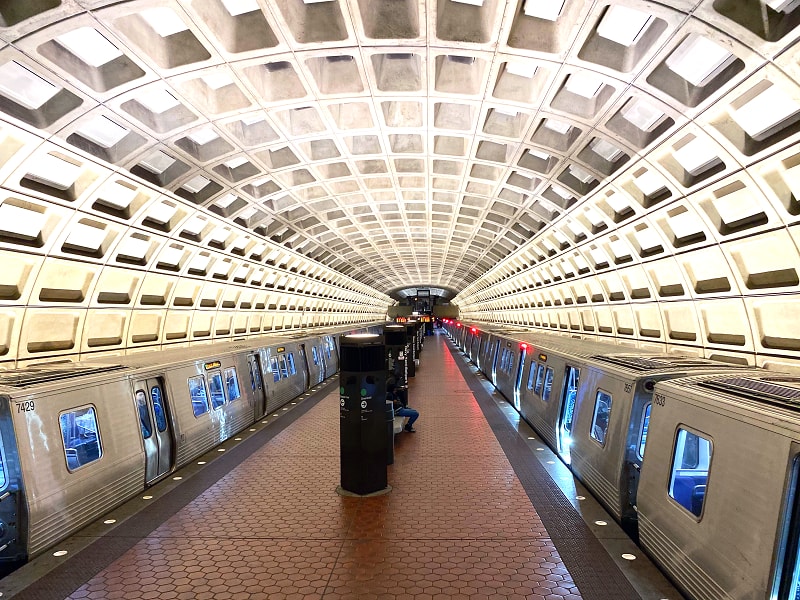
Fare evasion increased to record levels during the pandemic, leading to a loss of $40 million of fare revenue a year. WMATA relies on those fares to help keep buses, trains, and MetroAccess services running.
Photo: WMATA/Larry Levine
All 98 stations across the Washington Metropolitan Area Transit Authority’s (WMATA) Metrorail system now have more secure, retrofitted faregates to deter fare evasion.
The improvements have led to an 82% drop in fare evasion in the Metrorail system.
More than 1,200 five-foot-tall gates and taller fences have been installed across all stations. The project began in July 2023.
“We have seen incredible results from the taller faregates,” said WMATA GM/CEO Randy Clarke. “We are never going to completely stop fare evasion, but these go a long way in addressing the problem.”
WMATA also recently completed the installation of new fareboxes across all 1,500 of its buses.
Customers often could not pay on buses because of farebox malfunctions. Metro Transit Police regularly patrol bus loops and individual bus routes to enforce payment.
Fare evasion is one of customers’ biggest concerns, according to WMATA surveys. Customers said it made them feel unsafe and that it was unfair to those who paid fares.
“Tackling fare evasion has been one of the board of directors top priorities,” said WMATA Board Finance and Capital Committee Chair Matt Letourneau. “Not only does fare evasion cost us badly needed revenue, but it is also fundamentally unfair to all our customers who pay their hard-earned money.”
Metro Transit Police continue to patrol stations for fare evasion and have written more than 10,000 fare evasion citations so far this year. That’s nearly three times the number of tickets written through the same period last year and 2,000 more citations than all of 2019.
Revenue from the tickets goes to the local governments.
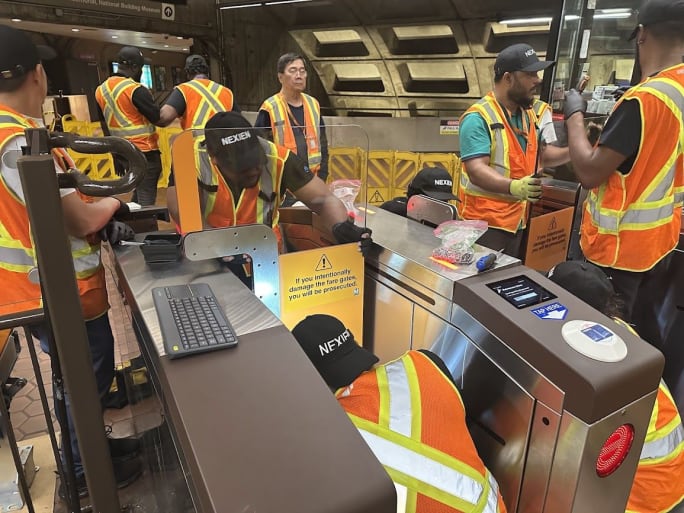
Fare evasion is one of customers’ biggest concerns, according to WMATA surveys. Customers said it made them feel unsafe and that it was unfair to those who paid fares.
Photo: WMATA
So far this year, MTPD has arrested more than 250 individuals stopped for fare evading and found to have open warrants. Police have also recovered 16 guns.
Fare evasion increased to record levels during the pandemic, leading to a loss of $40 million of fare revenue a year. Metro relies on those fares to help keep buses, trains, and MetroAccess services running.
For those who need help paying, WMATA has several fare discount programs.
Nearly 8,500 people have signed up for Metro Lift, a half-off fare program launched in June 2023 for low-income individuals enrolled in SNAP. Those over age 65 are eligible for half-off fares with a Senior SmarTrip card. D.C. students are eligible for the Kids Ride Free program.
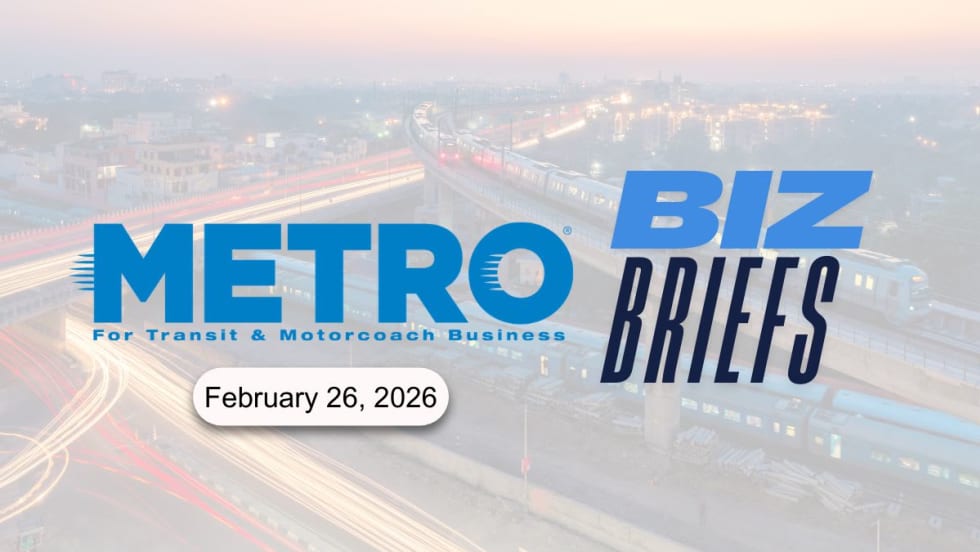
Stay informed with these quick takes on the projects and companies driving progress across the transportation landscape.
Read More →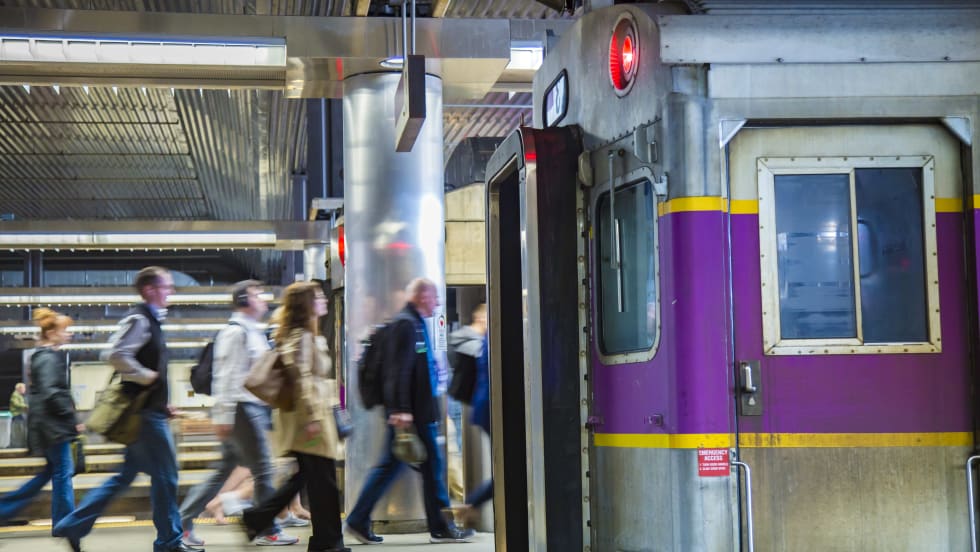
To accomplish this work, the MBTA announced that four phases of temporary evening service changes will begin on February 28 and continue through April.
Read More →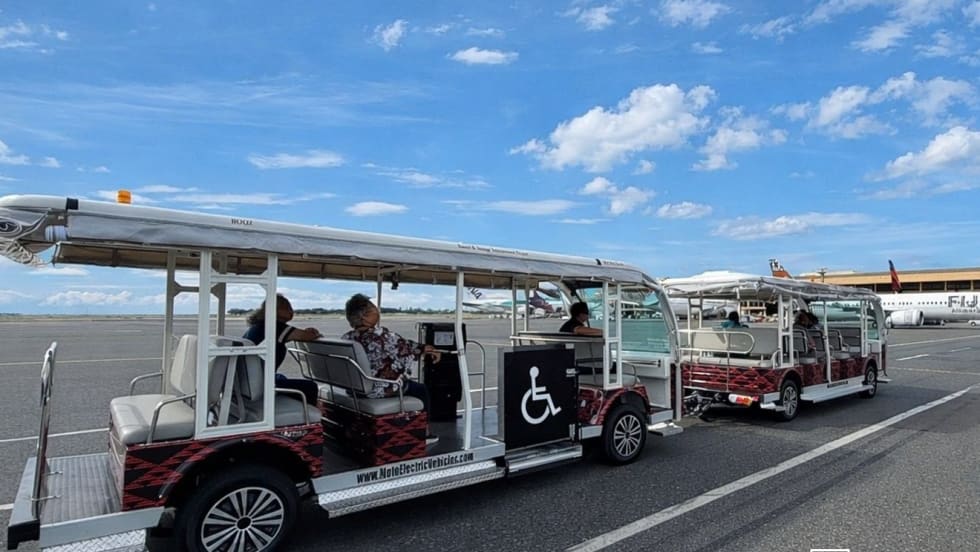
From strategic partnerships to acquisitions and service expansions, the industry continues to evolve at a rapid pace.
Read More →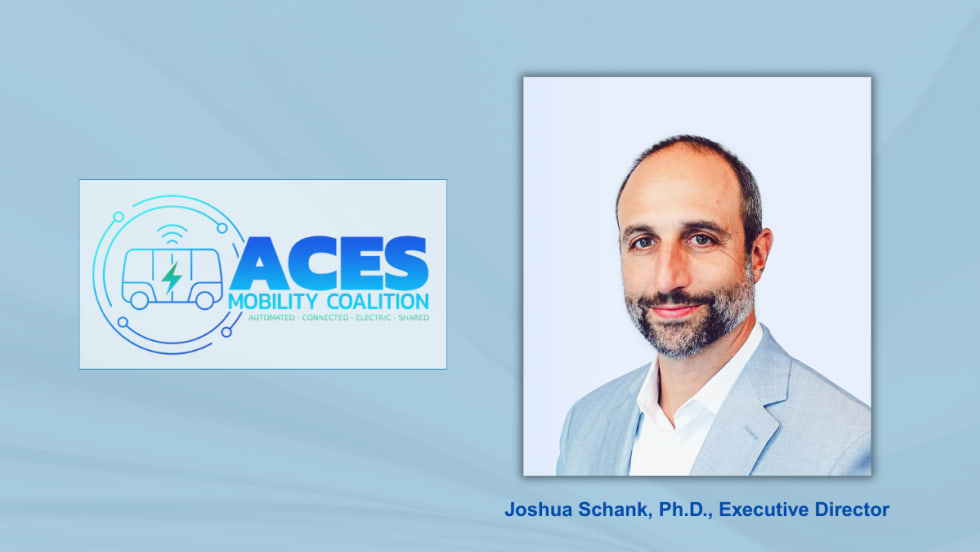
Veteran transportation innovator to lead coalition as it pushes nationwide expansion of shared autonomous mobility.
Read More →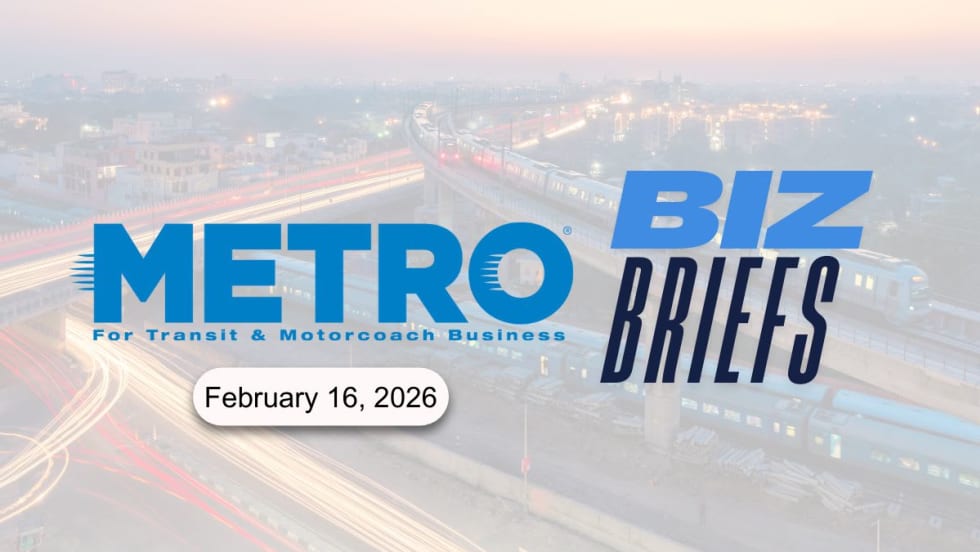
In this edition of Biz Briefs, we highlight the latest developments shaping the future of mobility — from manufacturers and technology providers to transit agencies and motorcoach service operators.
Read More →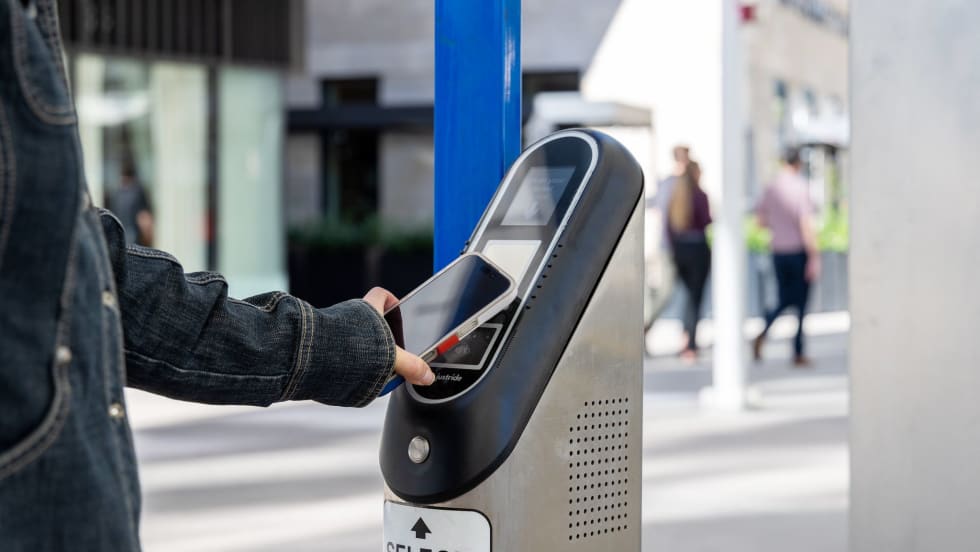
RTD aims to have 15% of all fare payments by individual customers made via Tap-n-Ride by the end of 2026, as awareness of this contactless payment option grows.
Read More →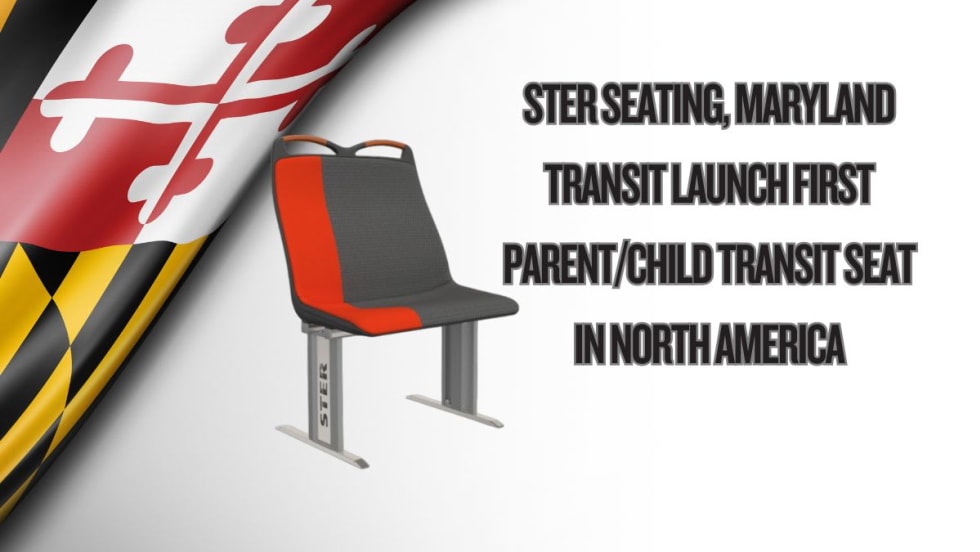
The configuration uses Ster Seating's Gemini seat platform to create a family-friendly floor layout specifically engineered to accommodate parents traveling with young children.
Read More →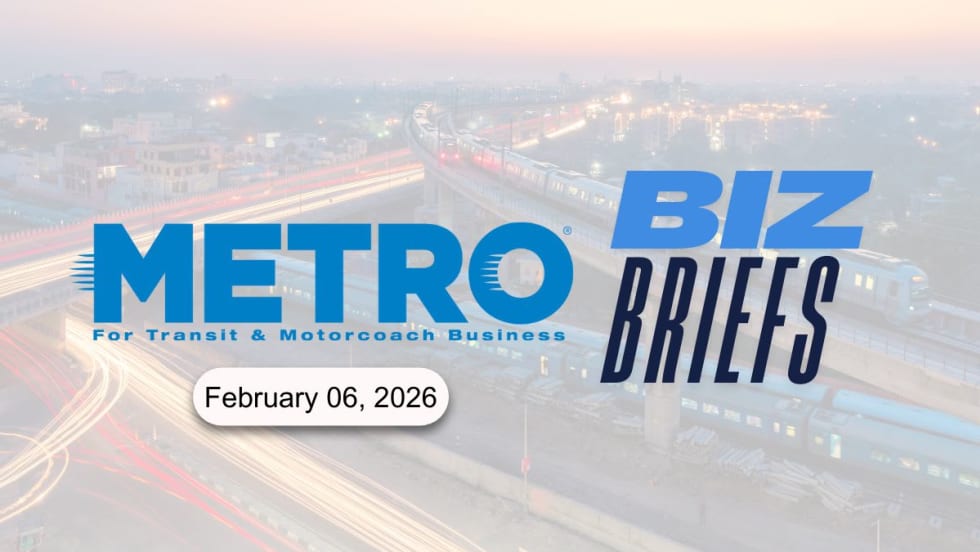
In this edition of Biz Briefs, we highlight the latest developments shaping the future of mobility — from manufacturers and technology providers to transit agencies and motorcoach service operators.
Read More →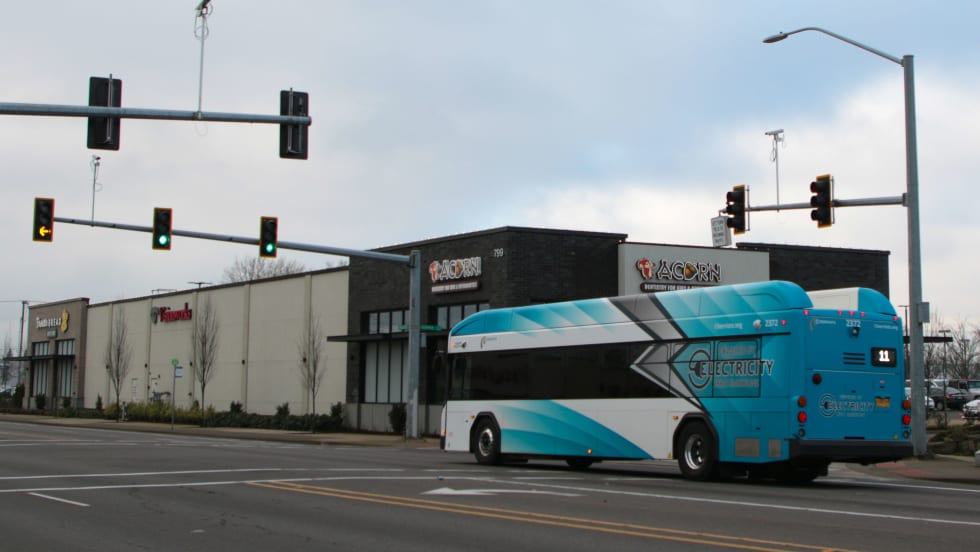
The project explicitly targets the busiest and longest route in the Cherriots system.
Read More →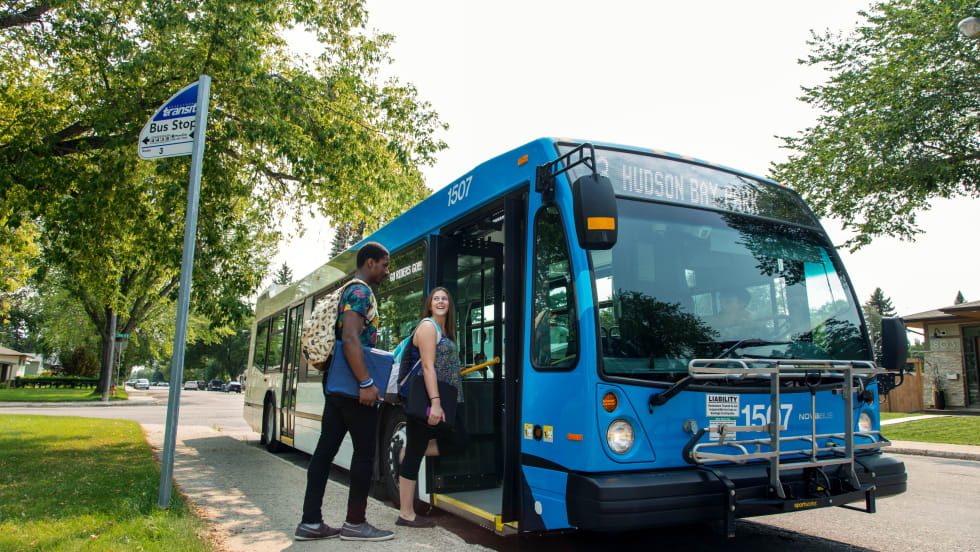
Masabi and Passenger share a vision for the future of public transport — connected, customer-centric, and cloud-native — where every step of the journey works together seamlessly to elevate the transit experience.
Read More →